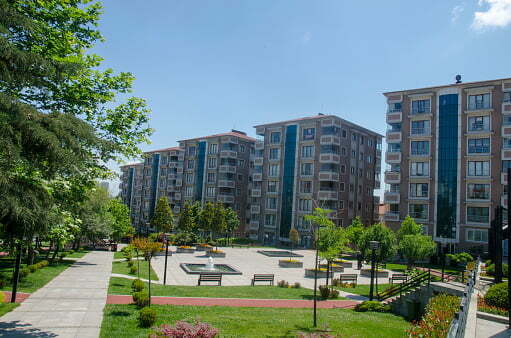Questions asked by every CONDOMINIUM PURCHASER
Questions asked by every CONDOMINIUM PURCHASER Buying a brand-new condominium is a thrilling experience, and that’s putting it mildly. However, when you begin to feel more at home in your new surroundings, you may have some questions. Some of the more frequent examples are listed below. How might my situation be affected by interim occupancy? Before the entire development is registered with the local municipality, you may move in, but you won’t be the legal owner of the unit. The time between when you receive the keys to your new condo and when you assume title to the apartment is known as “interim occupation” (when you own your home) There will be a monthly charge paid to the builder during this time that will cover the interest accrued on the remaining debt, the estimated municipal taxes on the unit, and the estimated costs of maintaining the property. When the developer finishes the condo and the condo association is officially registered with the land registry, the interim possession period ends. During this time, you and the builder will decide upon a closing date, which is the day you will officially become the owner of the property. Who can file a claim for a warranty? Within the first 30 days of moving in, you are eligible to submit your first warranty claim for the one-, two-, or seven-year unit warranty that kicks in when you take possession. Everything from the unit’s walls and flooring to its cabinets and counters is covered by the guarantee, as long as it’s located inside the unit’s boundaries. You, the unit’s owner, must file all warranty claims with the building’s developer and Tarion. If you are a homeowner, you can fill out the warranty documents for your home and submit them to your builder and Tarion all at once using our online service, MyHome. We urge all new condo owners to sign up for MyHome as soon as they move in. When do I get to see the limits of my unit? A “unit” in a condominium complex is what a buyer acquires upon making such a purchase. Your builder should have issued you with a copy of the condominium project’s Declaration and Description, which will outline the boundaries of your unit. This will serve to define your group’s confines and its shared resources. When problems arise, whose responsibility is it to file a warranty claim, and what common components are involved? In a condominium complex, the unit owners collectively share the common elements. In most cases, the units themselves are not included but everything else on the property is. The recreation room, lobby, elevators, and parking garage are all staples. You may also have access to ‘exclusive common components,’ depending on the condo unit type you purchase. Things like a balcony that you use exclusively would fall under the purview of the common elements warranty but are not shared with other tenants. Since the condo corp is technically the “owner” of the project’s shared spaces, it is the only entity authorised to submit and manage warranty claims for these areas to the developer and warranty administrator, Tarion. When the condominium development is first recorded with the city, the warranty on the shared parts goes into effect
Questions asked by every CONDOMINIUM PURCHASER Read More »



